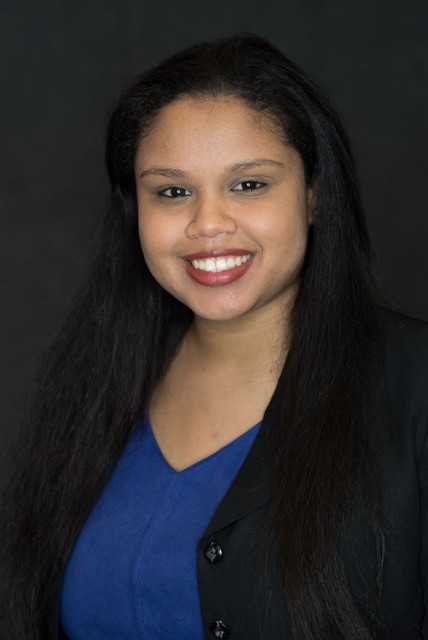A Legal Career Hooked on Advocacy

For Kirstin Mohammed ’22, the most essential aspect of a legal career is advocacy. As a lawyer, she hopes to use her degree as a tool to empower others and to help disenfranchised communities who cannot advocate for themselves. Originally from Long Island, NY, Mohammed first discovered her passion for law during a Sociology of Law class during her junior year at Villanova University. This past summer, she finally had the opportunity to put her passion for advocacy into practice.
While attending a public interest careers panel at Villanova Law during her 1L year, Mohammed connected with panelist and alum Alie Muolo ’14, Staff Attorney and Duffy Fellow at the Homeless Advocacy Project (HAP). Muolo shared information about their summer internship program and Mohammed was hooked. She interviewed for the program and was selected as one of two interns.
Working with HAP this past summer, Mohammed helped to provide free legal services to individuals and families who were experiencing or facing homelessness in Philadelphia. Balancing a caseload of up to 20 clients at some points in time, Mohammed supported clients who were in the process of filing for social security and disability benefits.
“Because of the pandemic, I had to connect with clients through zoom clinics, rather than in-person meetings,” said Mohammed. “The homeless shelters provided the technology and we provided the legal help. So many homeless individuals are not aware of the benefits available to them and are not able to complete the arduous process of completing a claim on their own.”
Through HAP’s successful SOAR (SSI, Outreach, Access and Recovery) Project, homeless clients receive two times the national average of approval for social security and disability benefits, the first time they apply. “The main goal is to provide a source of stable income for our clients that they can depend on,” said Mohammed.
For her capstone project with HAP, Mohammed helped a client apply for SSI benefits. She worked with him from the beginning of his application process, including gathering, preparing, and submitting supporting documentation. The application was successful and he is already receiving regular payments.
Mohammad also worked on a military discharge upgrade case for a client with a less-than-honorable discharge. “My client fought for her country for years, putting her life at risk and she received the short end of the stick because of personnel issues within her troop,” said Mohammad. “If you look at her record, the discharge doesn’t make sense.”
Without an honorable discharge, Mohammad’s client is not eligible for Veterans Affairs (VA) benefits, including health care and disability. “She is really struggling and living in poverty because of her discharge status,” said Mohammad. As part of the upgrade process, Mohammed wrote a brief and submitted it to the VA’s discharge review board for consideration.
Mohammed plans to continue working in public interest law, both during law school and after graduation This semester, she is working in the Clinic for Asylum, Refugee & Emigrant Services (CARES) at Villanova, helping a client to obtain asylum after fleeing their native country due to persecution. “I love when I get to sit down and write letters and briefs in support of clients,” added Mohammed. “Knowing that I am doing something to advocate for the client, push their case forward and make their life better, that’s a great feeling.”

